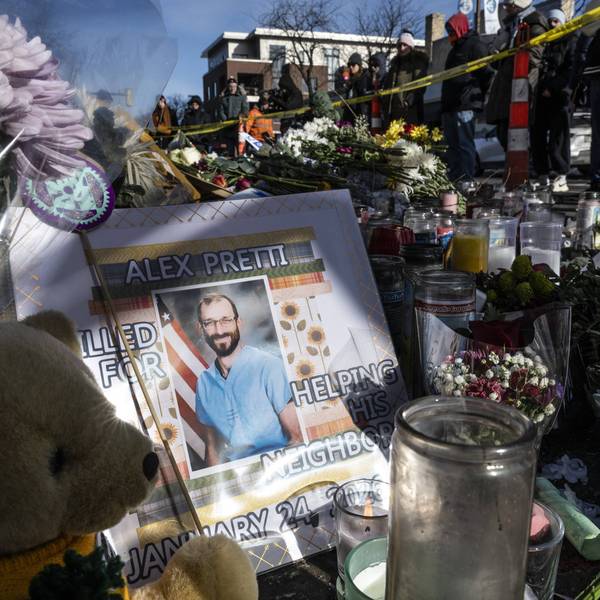Ted Cruz on Tuesday called for a freeze on the U.S. accepting refugees from regions where the Islamic State (ISIS) and al Qaeda have a strong presence and said local law enforcement should be allowed to "patrol and secure Muslim neighborhoods."
The Republican presidential candidate made the comments within hours of the bombings in Belgium that killed at least 30 and wounded hundreds more. ISIS has since claimed responsibility for the attack.
Tensions were further exacerbated when Cruz's campaign spokesperson Alice Stewart told Politico, "We know what is happening with these isolated Muslim neighborhoods in Europe. If we want to prevent it from happening here, it is going to require an empowered, visible law enforcement presence that will both identify problem spots and partner with non-radical Americans who want to protect their homes."
As George Zornick writes in The Nation, it's unclear what Cruz envisions for "empower[ing] law enforcement to patrol and secure Muslim neighborhoods before they become radicalized."
Zornick writes:
What powers would Cruz grant law enforcement that it doesn't already have? How does one identify what is, and is not, a Muslim neighborhood? What does it mean to "secure" the area? Would non-Muslims in that area also be subject to law enforcement surveillance and unspecified "securing"? How are these law-enforcement actions constitutionally permissible "before" there is any radicalization present?
Hina Shamsi, director of the ACLU's national security project, said in an interview with Zornick, "Profiling people based on their religion or race is blatantly unconstitutional and violates the guarantee of religious protection and religious freedom. One way to look at it is to replace the word 'Muslim' with 'Jewish,' 'Christian,' 'African American,' or 'Latino.' What's wrong in one context is wrong in others."
The comments contradict the Republican establishment's presentation of Cruz as the more moderate alternative to Donald Trump's outlandish xenophobia and racism.
"As Cruz tries desperately to win votes and deny Trump the clean majority of Republican delegates needed before the party convention, he may have calculated that doubling down on Trump's ugly, no-holds-barred approach to (ostensibly) combating terrorism will help him," Zornick writes.
Nihad Awad, executive director of the Council on American-Islamic Relations (CAIR), called on Cruz to retract his comments.
"The actions and policy recommendations of the two leading GOP presidential candidates send an alarming message to American Muslims who increasingly fear for their future in this nation and to all Americans who value the Constitution and religious liberties," Awad said. "Mr. Cruz's call for law enforcement to 'patrol and secure' neighborhoods in which American Muslim families live is not only unconstitutional, it is unbefitting anyone seeking our nation's highest office and indicates that he lacks the temperament necessary for any president."
"We urge Ted Cruz to retract his call for fascist-like treatment of American Muslims and to offer an apology to all Americans," Awad said.



